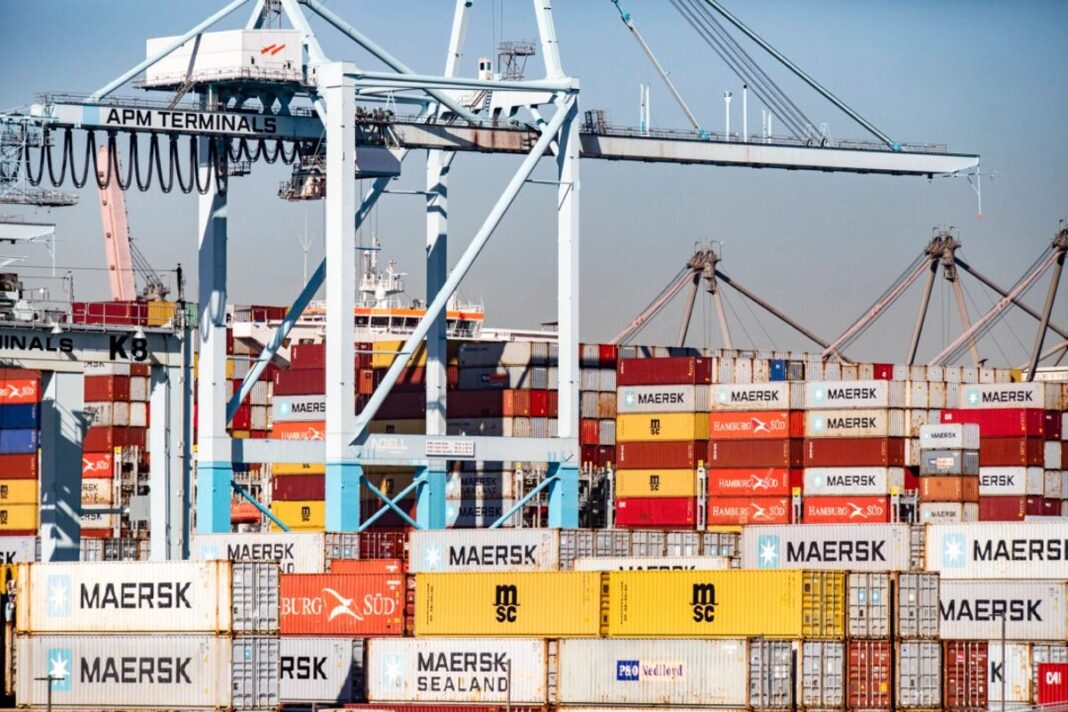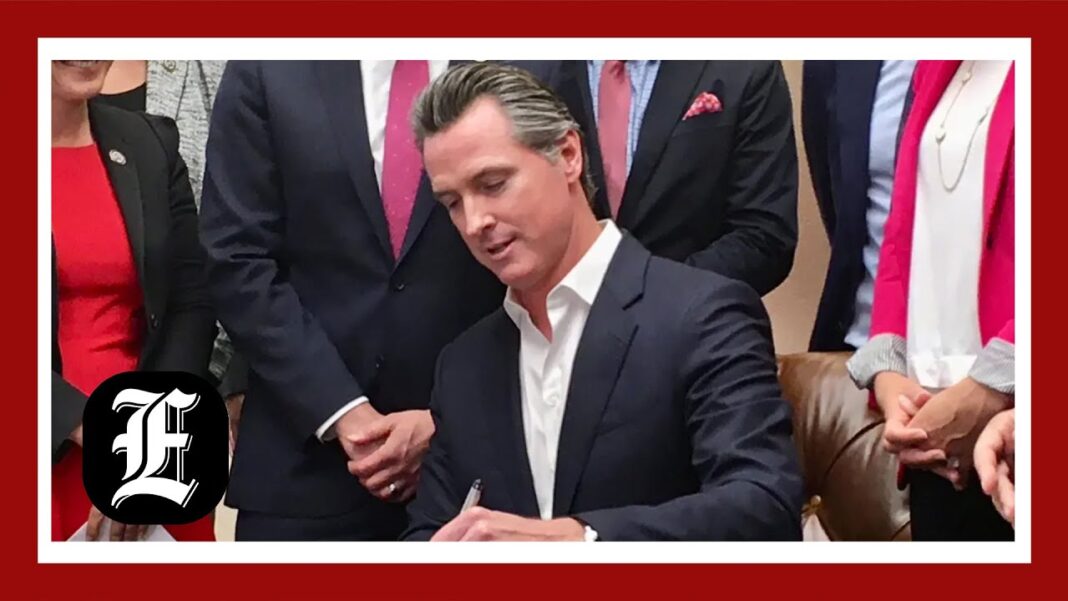
‘Disinflation should be dominating the headlines right now,’ says Harris Financial Group managing partner Jamie Cox.
Prices of imports into the United States declined in March, helped by lower energy costs, ahead of the new U.S. tariffs.
According to the Bureau of Labor Statistics, import prices fell by 0.1 percent last month, down from the downwardly adjusted 0.2 percent increase in February. This was the first monthly decrease since September.
On a 12-month basis, import prices rose by 0.9 percent.
Import fuel prices fell by 2.3 percent, the largest month-over-month drop since the 7.2 percent drop in September. Falling prices for petroleum and natural gas largely drove this trend.
Non-fuel imports ticked up by 0.1 percent for the second straight month, offset by lower prices for automobiles and consumer goods. The increase was due to higher costs for capital goods, industrial supplies and materials, and foods, feeds, and beverages.
Export prices were unchanged in March following an upwardly revised 0.5 percent jump in the previous month.
Prices for U.S. exports were up by 2.4 percent year over year.
The index for agricultural export prices was flat, while the non-agricultural shipment index dipped by 0.1 percent. In addition, prices for exports of finished goods, such as capital goods, automotive vehicles, consumer goods, industrial machinery, and computers and chips, rose in March.
The price data are further evidence that inflation was slowing ahead of the president’s tariffs going into effect.
This past week, the March headline annual inflation rate slowed sharply to 2.4 percent. Additionally, the producer price index—a measure of what businesses pay for goods and services and a precursor for future consumer inflation—decreased by 0.4 percent.
“Disinflation should be dominating the headlines right now, but no one is paying attention. The potential inflation shockwave is covering over all other data,” Jamie Cox, managing partner for Harris Financial Group, said in an email to The Epoch Times.
Financial markets have been rocked by fears that the U.S. government’s higher import duties will renew inflationary pressures and threaten economic growth prospects.
By Andrew Moran






